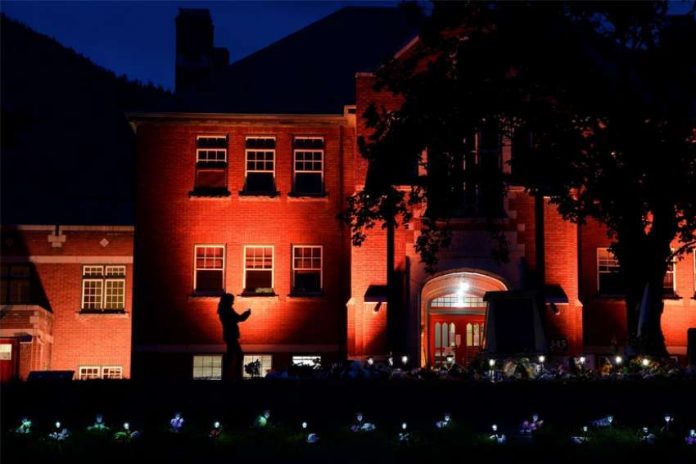By Michael Swan
TORONTO, Canada (The Catholic Register) – In the wake of the Cowessess discovery of up to 751 unmarked graves, Western Canada’s Oblate missionary order is embracing a new level of transparency, making more documents about daily operations at the order’s 48 residential schools across Canada available.
“Without a full review of the existing historical documentation from our order’s involvement, the truth of residential schools will not be fully known,” provincial superiors Fr. Ken Thorson of the Oblates’ Lacombe province and Fr. Luc Tardif of the Notre-Dame-du-Cap province said in a “Joint Statement of Commitment” issued the day of the Cowessess discovery.
The new documents to be made available to researchers and First Nations are the Codex Historicus, a kind of journal of daily activities, along with photographs, human resources records and teacher profiles.
The new Oblate commitment to openness and transparency hasn’t quite won over former Cowessess Chief Terrance Pelletier.
“They lawyered-up,” Pelletier told The Catholic Register. “I’m old enough, I’ve been to school long enough, I’ve dealt with people long enough that I know what that’s all about.”
Pelletier’s suspicions are fuelled by Oblate explanations about how the release of documents has been “complicated by issues of provincial and national privacy laws.”
But Thorson insists the order is not dodging anything or holding anything back.
“It’s always been a question to me why we wouldn’t make them (school records) available. I never really understood it and I don’t understand it now. But we’re making them available,” Thorson said. “We’re not being driven by the lawyers on this.”
The Oblates are being pulled in two directions by their legal obligations and their desire for transparency.
“The issue is around personnel files, of course,” Thorson said. “We have privacy issues we can’t ignore. And yet, the history is there…. Part of their history is potentially located in those files. How do we determine what is appropriate to share. Or how do we determine an appropriate mechanism or a process to determine how we balance those two needs.”
Pelletier intends to put whatever mechanism or process the Oblates come up with to the test.
Read the full story here.





